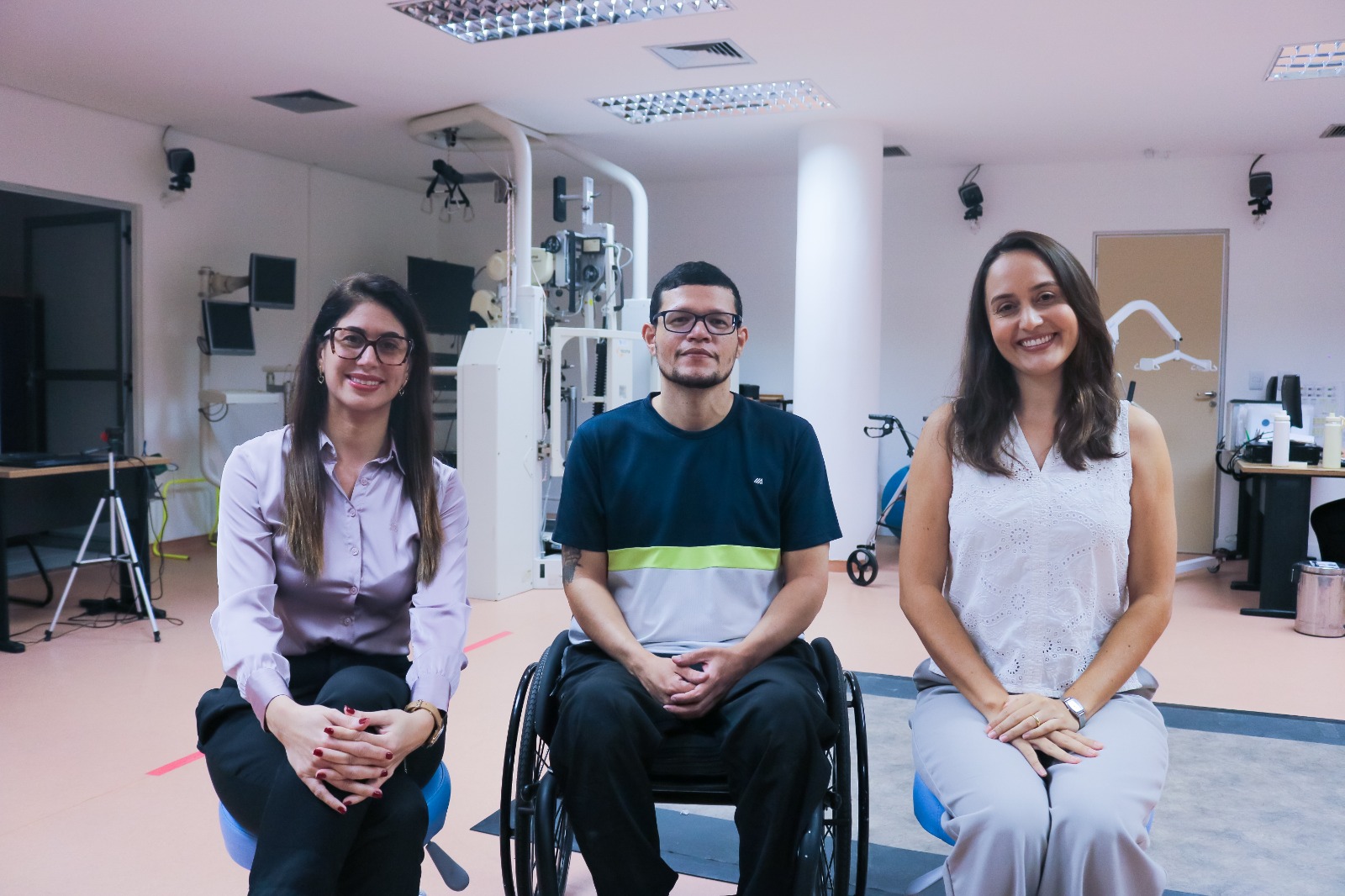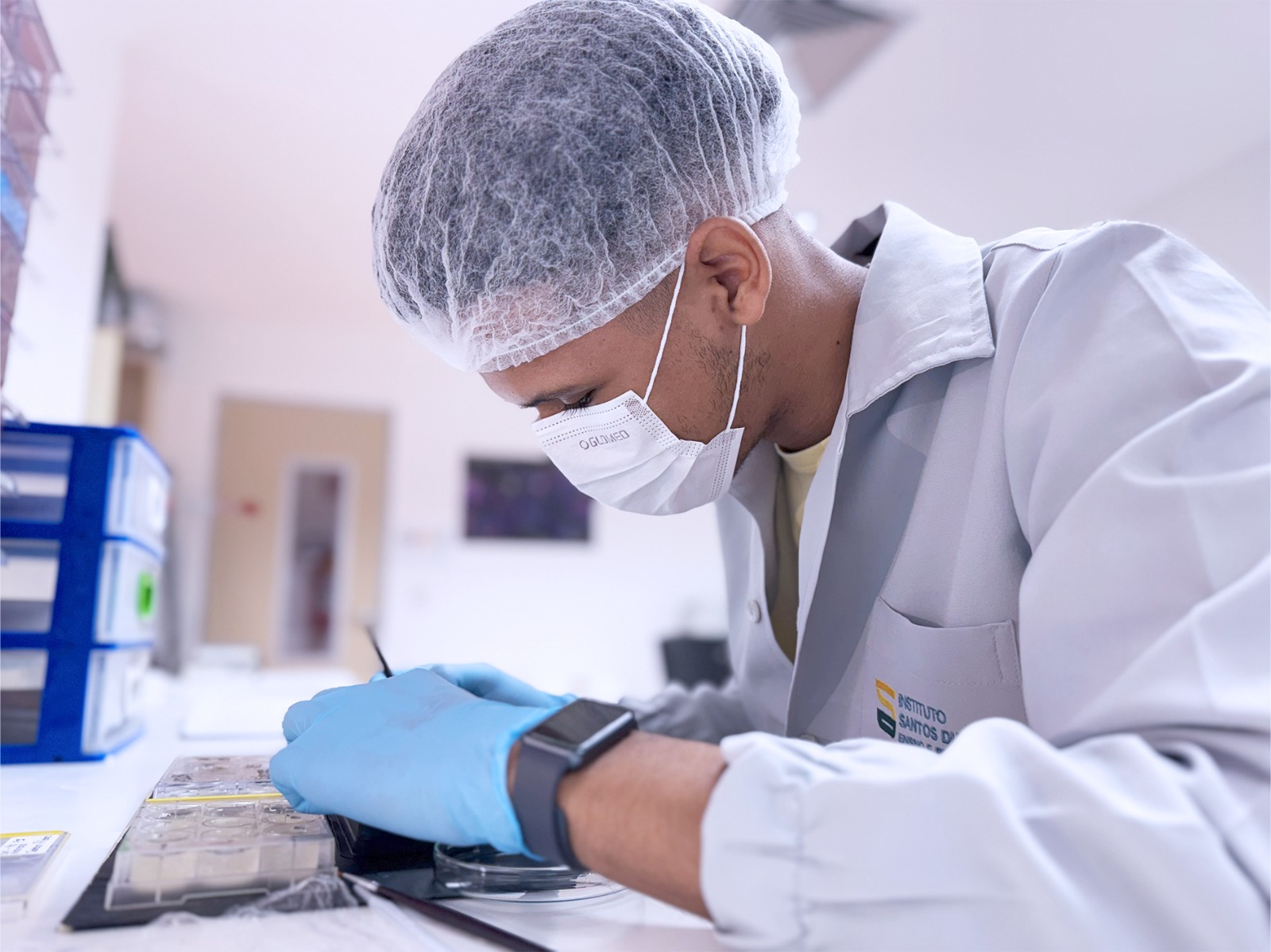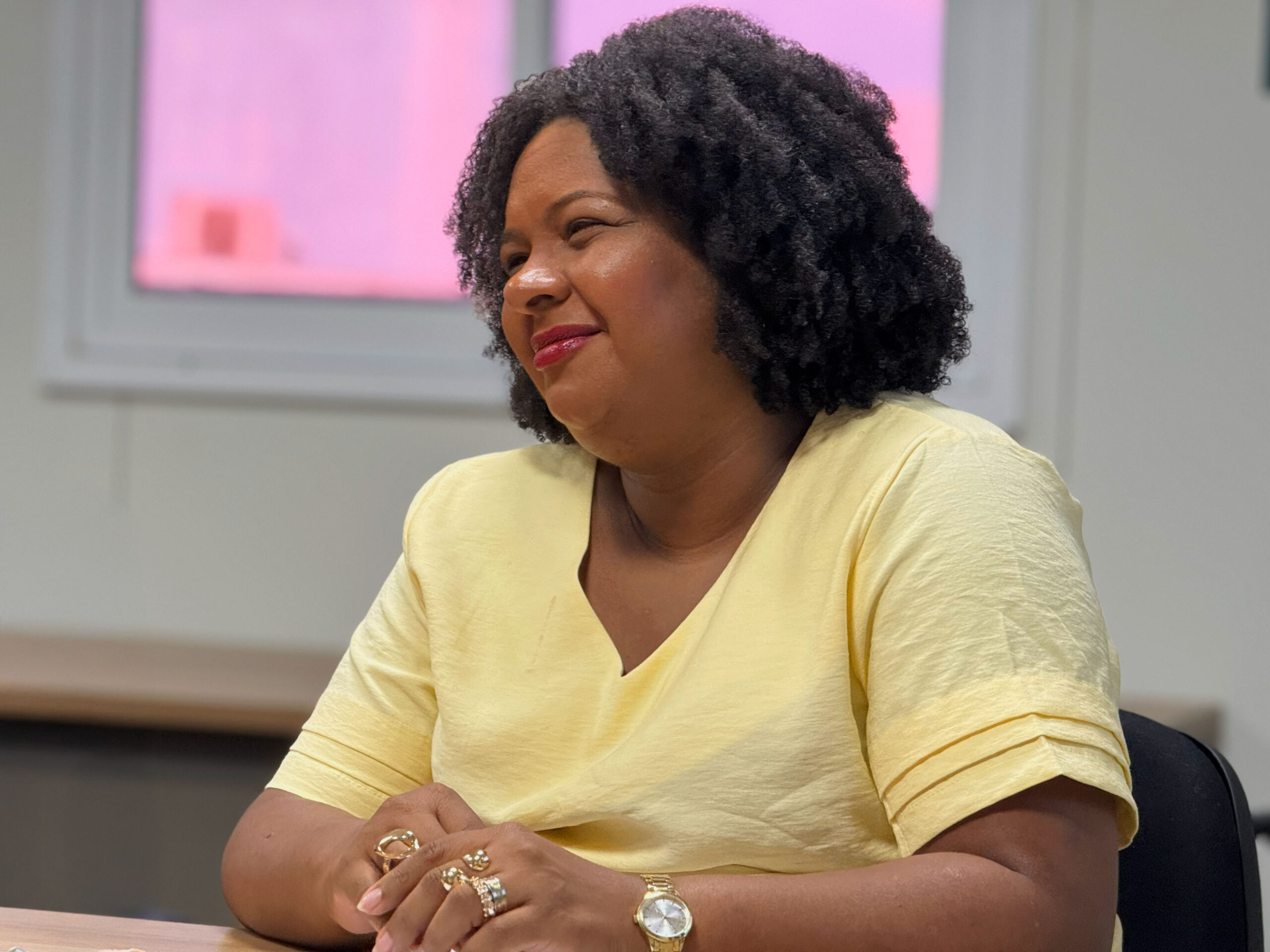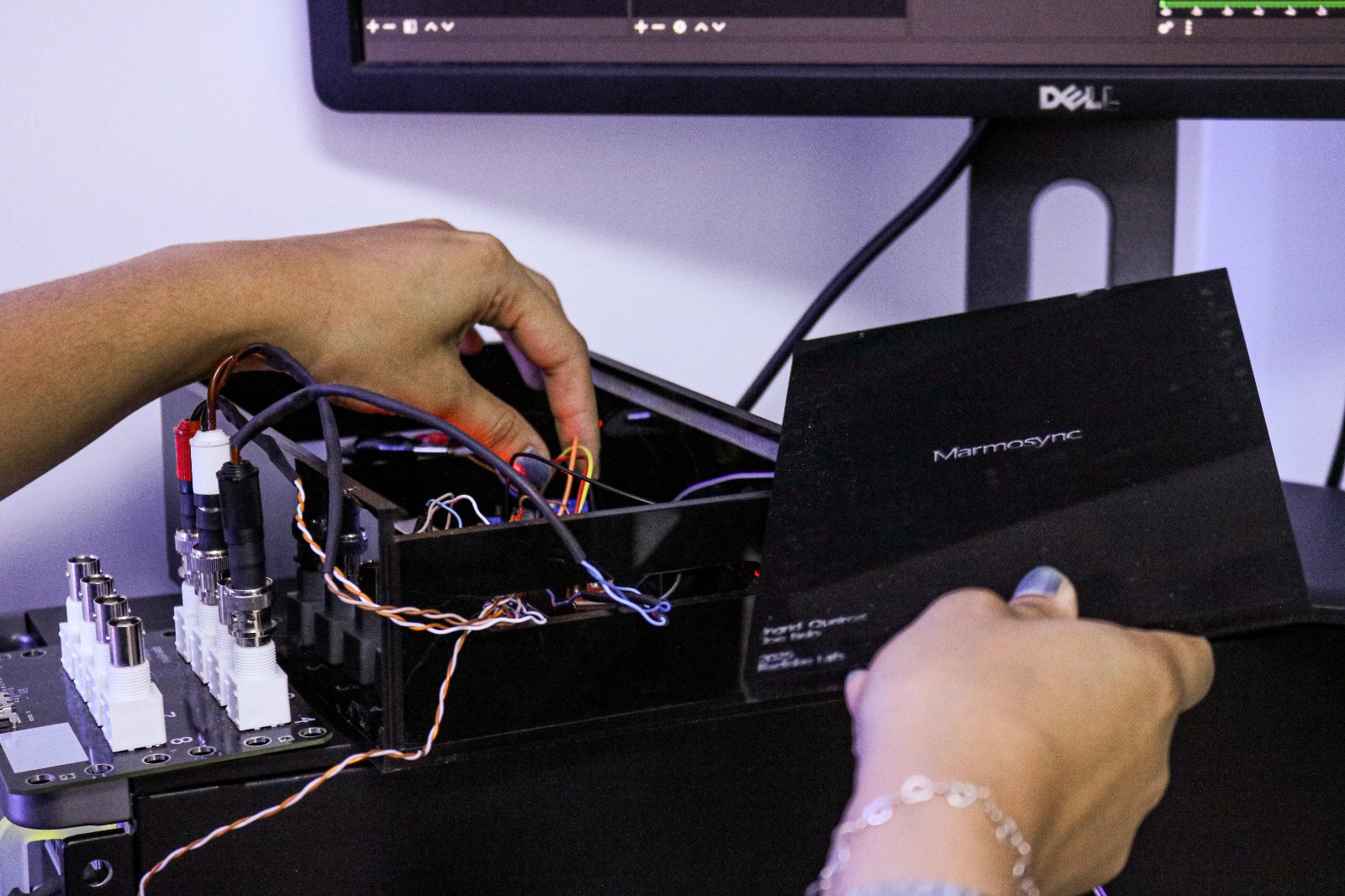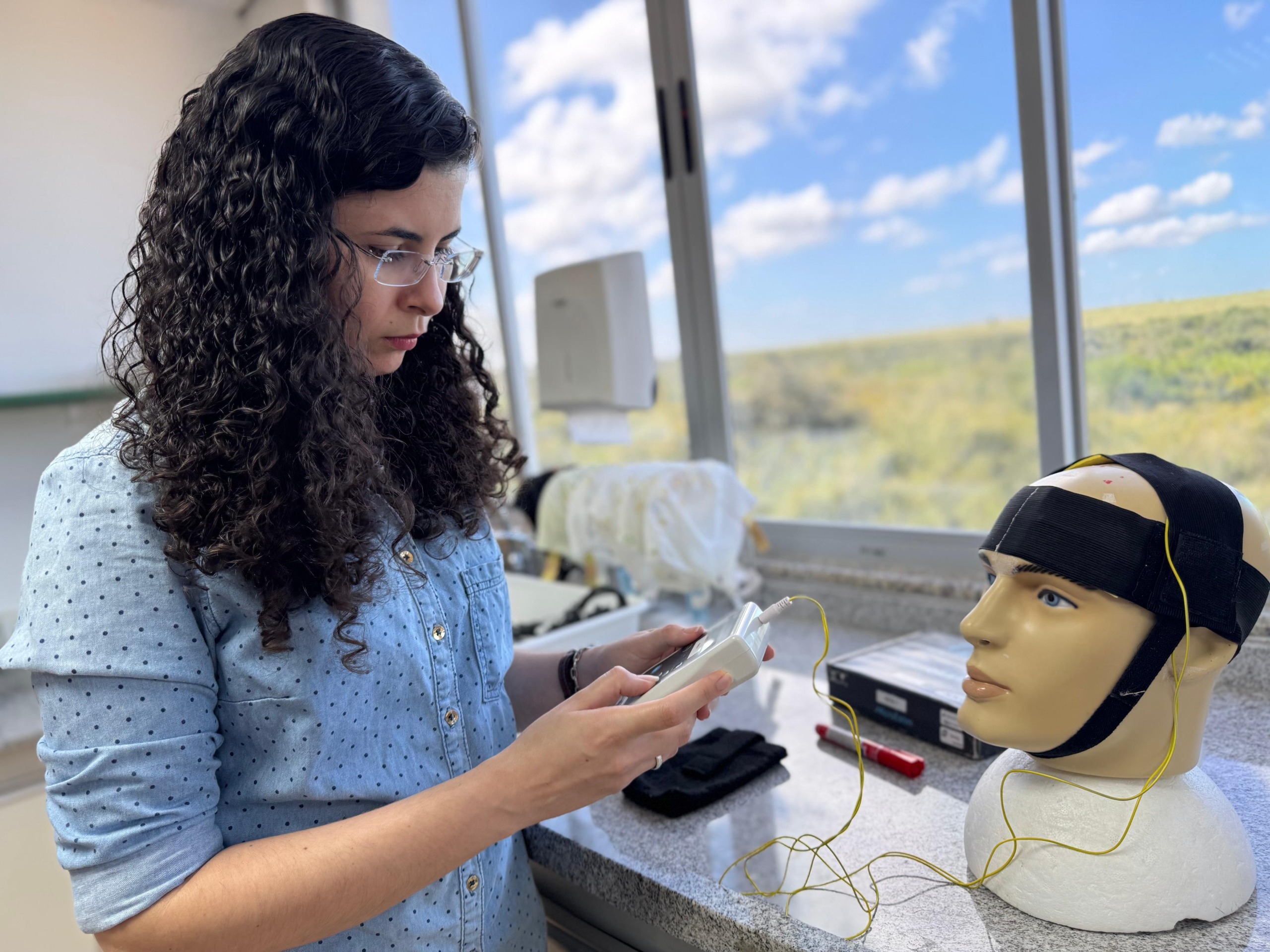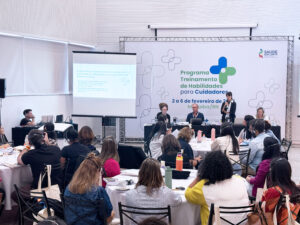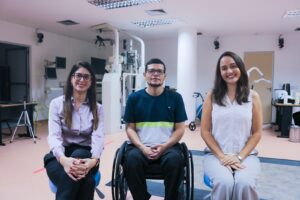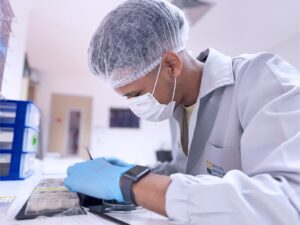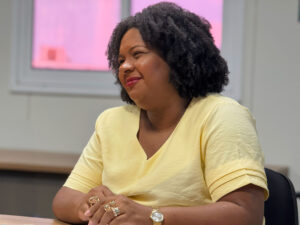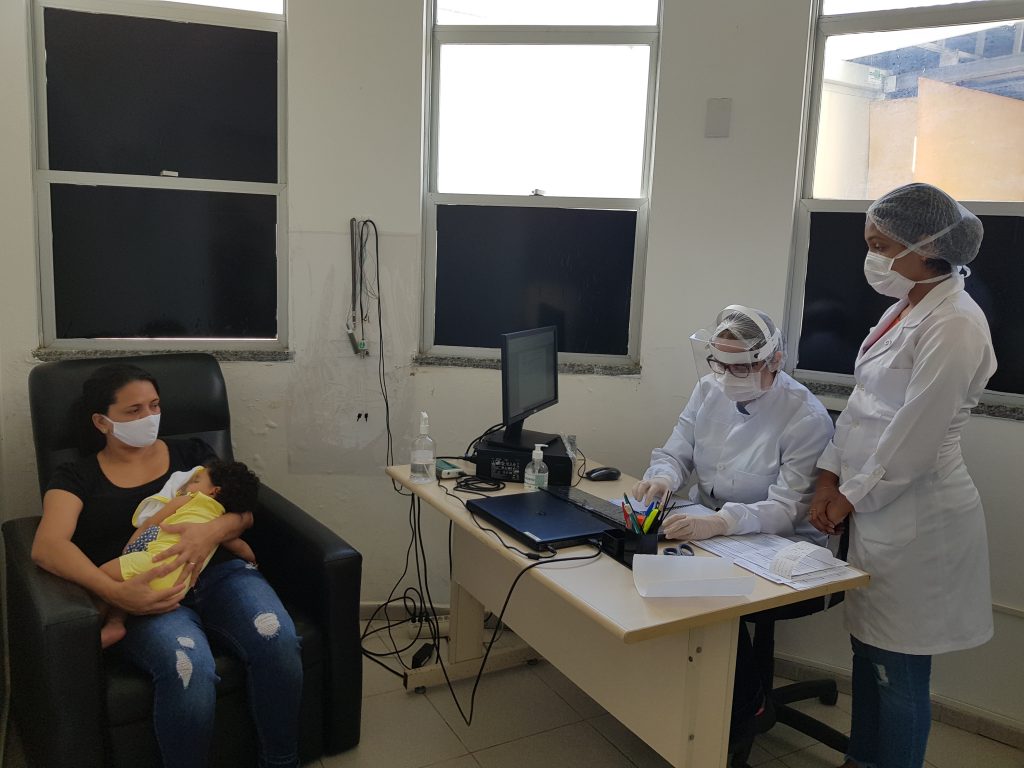
The Anita Garibaldi Health Education and Research Center, a reference unit of the Santos Dumont Institute (ISD) specialized attention to maternal and child health and people with disabilities in Rio Grande do Norte, resumed this Monday (03) the screening of new patients and the face-to-face services of rehabilitation clinics that were suspended due to the pandemic – among them, tests of ear and tongue for babies.
In maternal and child health, childcare for newborn children also resumes consultations in clinics, by appointment. Since March this year, the babies' first consultation was in person and the rest were done remotely, if there was no need to return on site – as a prevention of Covid-19. Already thePrenatal services, with obstetric monitoring and ultrasounds, were maintained throughout the first semester and continue normally.
Rehabilitation
In the rehabilitation area, face-to-face consultations return for children and adults, but the team carries out a demand survey to structure the clinics' operating scale.
“A reference therapist is contacting former patients to find out if they want to resume face-to-face care, and, in this case, schedule return visits, or if they prefer to continue with teleservice and telemonitoring”, explains Anita's manager, Lílian Lisboa.
“This recovery is being gradual. Professionals have reduced in-person hours to feel the demand and in the shifts when they are not in the clinics, they continue to provide teleservices”, he adds, citing a change in the location of services for adults: “The spinal cord injury, Parkinson's and refractory epilepsy clinics adult were transferred to the International Institute of Neurosciences Edmond and Lily Safra, from ISD (IIN-ELS/ISD), because the part of the building where they worked remains ceded to UPA Aluízio Alves”, says Lílian. “Children’s rehabilitation clinics continue at Anita.”
A van for free transportation from Anita to IIN-ELS will be available daily for patients who need the service. Questions about scheduling appointments and exams can be clarified by phone +55 (84) 3271-3612 | (84) 3271-1064.
Opening hours are Monday to Friday (with the exception of national and local holidays), from 8am to 5pm.
ear test
In child rehabilitation – which continues at Anita – one of the priorities in this recovery is carrying out ear tests, which enable early diagnosis and treatment of possible hearing losses in babies.
“This test evaluates the integrity of the cells of the auditory system, the external hair cells, located in the cochlea – that is, in the part of the ear responsible for perceiving sound”, explains audiologist, Rogéria Dias.
“The test can be carried out from 48 hours after birth and ideally it should be carried out before six months of age, because if the child has already diagnosed hearing loss, from that age onwards we can rehabilitate them with hearing aids. hearing and therapy or, depending on this degree of loss, refer her for a cochlear implant”.
Another test resumed this Monday is the tongue test, which makes it possible to diagnose and indicate early treatment for limitations in tongue movements or the so-called “tongue tie”, which can compromise the child's sucking, chewing and speaking functions.
“It is a painless exam, in which the child is placed on your lap and we observe issues such as lip posture, how the tongue is positioned during crying, the shape of the tip of the tongue and we evaluate the position and thickness of the frenulum (the skin which is under the tongue)”, explains Rogéria.
“Ideally, this test should be carried out in the first month of life, because if the child has a very short frenulum initially, they will not be able to breastfeed, they may become dehydrated and have low weight. And, in the future, this will also compromise the articulation of phonemes, because she will need mobility, tongue elevation to be able to articulate these phonemes and she won't have it. So the quicker it is identified and corrected, the better”, he adds.
Families of more than 100 babies from Macaíba who did not undergo ear and tongue tests in the maternity ward and were waiting for these exams and evaluations are being called for assistance at Anita. Luiz Felipe, six months old, was the first to be received this Monday at the audiology clinic. “It was necessary to postpone the test because of the pandemic, but we did it now and the result was good. Everything is fine with him', said his aunt, Betânia Araújo, 40 years old, with her nephew in her arms.
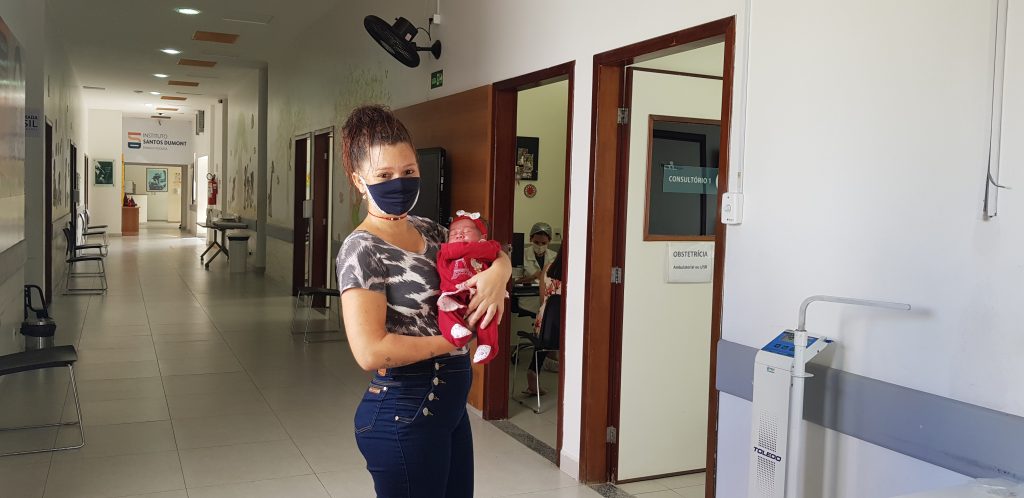
Luciene Maria, 28 years old, was also at Anita, but in search of another service: “I came from the city of Riachuelo (about 55km from Macaíba, because I had toxoplasmosis during pregnancy and I was referred for my baby to be monitored”, she explained while, wearing a mask, she breastfed her daughter, Layla Ryanna, born 18 days ago.
“My pregnancy was a period of fear because of the pandemic, a period of not going out for anything. Only in precision. And now I left, I came, because it's for her. It’s for my daughter’s health.”
Text: Renata Moura / Ascom – ISD
Photos: Renata Moura / Ascom – ISD
Communication Office
comunicacao@isd.org.br
(84) 99416-1880
Santos Dumont Institute (ISD)
It is a Social Organization linked to the Ministry of Education (MEC) and includes the Edmond and Lily Safra International Institute of Neurosciences and the Anita Garibaldi Health Education and Research Center, both in Macaíba. ISD's mission is to promote education for life, forming citizens through integrated teaching, research and extension actions, in addition to contributing to a fairer and more humane transformation of Brazilian social reality.





